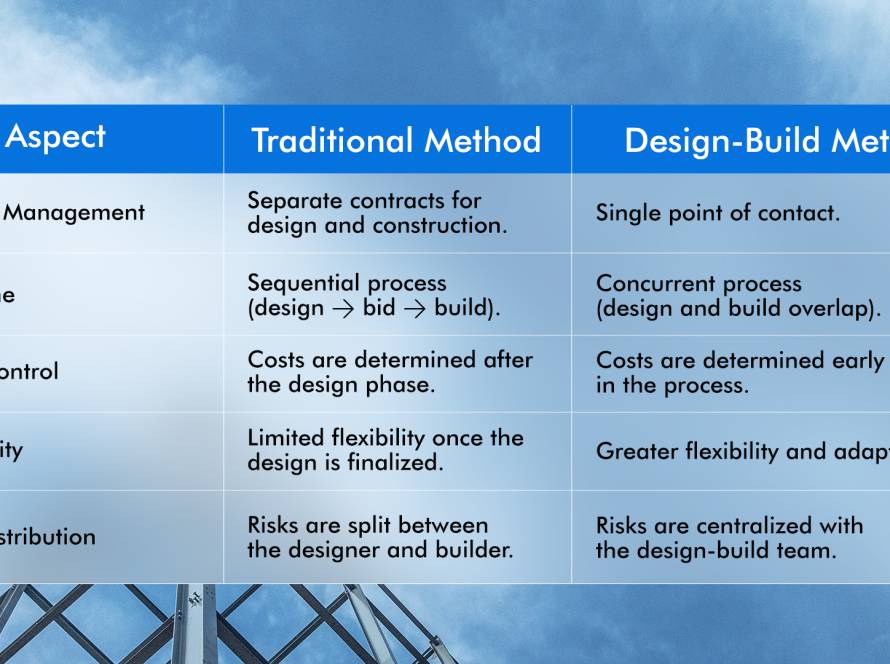Becoming a construction superintendent is a rewarding journey that combines hands-on experience, leadership, and technical knowledge. This role is pivotal in ensuring that construction projects are completed efficiently, safely, and within budget. If you’re aspiring to step into this leadership position, here’s a comprehensive guide to help you take the path.
Understanding the Role of a Construction Superintendent
A construction superintendent oversees the daily operations on a construction site. Their responsibilities include coordinating subcontractors, ensuring compliance with safety regulations, managing schedules, and addressing any issues that arise during construction. They serve as the bridge between the project manager and the on-site workforce, ensuring that the project’s vision is executed effectivelyStep-by-Step Guide to Becoming a Construction Superintendent
1. Start with a Solid Educational Foundation
While it’s possible to rise through the ranks with experience alone, having a formal education can provide a competitive edge. Many superintendents hold degrees in fields like construction management, civil engineering, architecture, or related disciplines. These programs offer insights into project planning, safety protocols, cost estimation, and more.2. Gain Hands-On Experience
Practical experience is invaluable. Starting in entry-level positions such as a laborer, carpenter, or assistant can provide a deep understanding of construction processes. Over time, this experience lays the groundwork for supervisory roles. Many superintendents have between 3 to 10 years of on-site experience before stepping into their roles.3. Develop Essential Skills
Beyond technical knowledge, certain soft skills are crucial:- Leadership: Guiding teams and making decisive calls.
- Communication: Clearly conveying instructions and expectations.
- Problem-Solving: Addressing challenges swiftly to keep projects on track.
- Time Management: Ensuring tasks are completed within set timelines.
4. Obtain Relevant Certifications
Certifications can grow your credentials and demonstrate your commitment to the profession:1. Associate Constructor (AC)
Offered by the American Institute of Constructors (AIC), the Associate Constructor certification is ideal for individuals who are early in their construction management careers. This certification demonstrates that you possess foundational knowledge in project management, estimating, scheduling, and safety practices. While it’s not a requirement for all roles, having the AC credential can give you a competitive edge when applying for entry-level supervisory positions and sets the stage for more advanced certifications down the line. Ideal for: Recent graduates, junior-level professionals, and those transitioning into construction management roles.2. Certified Construction Manager (CCM)
The Certified Construction Manager (CCM) credential, provided by the Construction Management Association of America (CMAA), is one of the most prestigious certifications in the industry. It’s geared toward experienced professionals who are already managing large-scale or complex construction projects. Earning the CCM showcases your advanced knowledge in areas such as project controls, quality management, contract administration, and risk management. Ideal for: Mid-to-senior level professionals aiming for senior superintendent or project manager roles. Prerequisites: At least four years of experience in construction management and a qualifying degree, or eight years of relevant experience without a degree.3. OSHA Certification
Safety is a top priority on every construction site, and employers look for candidates who understand how to create and maintain a safe working environment. That’s where OSHA (Occupational Safety and Health Administration) certifications come in. The most commonly sought-after versions are the OSHA 10-Hour and OSHA 30-Hour Construction Training courses.- The 10-Hour course is suitable for entry-level workers.
- The 30-Hour course is intended for supervisors and those with safety responsibilities.
4. Construction Superintendent Operations Certification (CSOC)
The Construction Superintendent Operations Certification (CSOC) focuses specifically on the operational and managerial responsibilities of a superintendent. This includes day-to-day job site coordination, managing subcontractors, monitoring progress, maintaining site safety, and ensuring quality standards. It’s a practical certification that addresses the real-world challenges superintendents face on the ground. Ideal for: Assistant superintendents looking to move up, or current superintendents seeking formal recognition of their skills and training.5. Climb the Career Ladder
With experience and education, you can progress through roles such as:- Assistant Superintendent: Supporting the superintendent in daily tasks.
- Construction Superintendent: Leading on-site operations.
- Senior Superintendent: Overseeing multiple projects or larger-scale endeavors.

